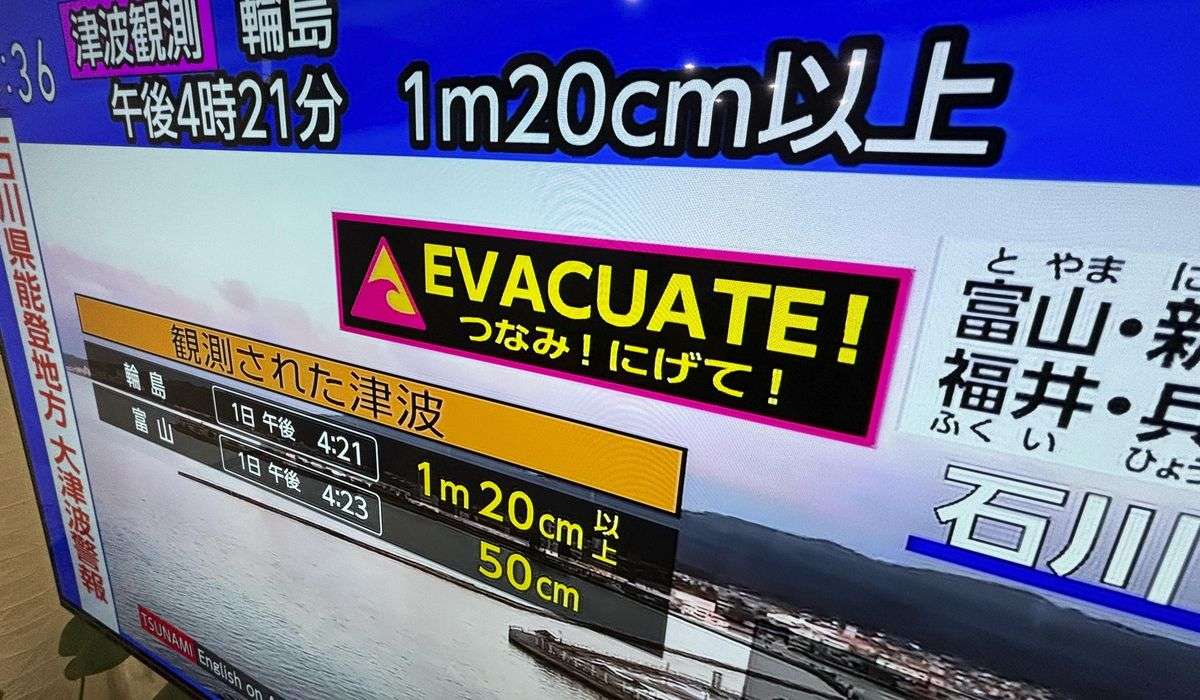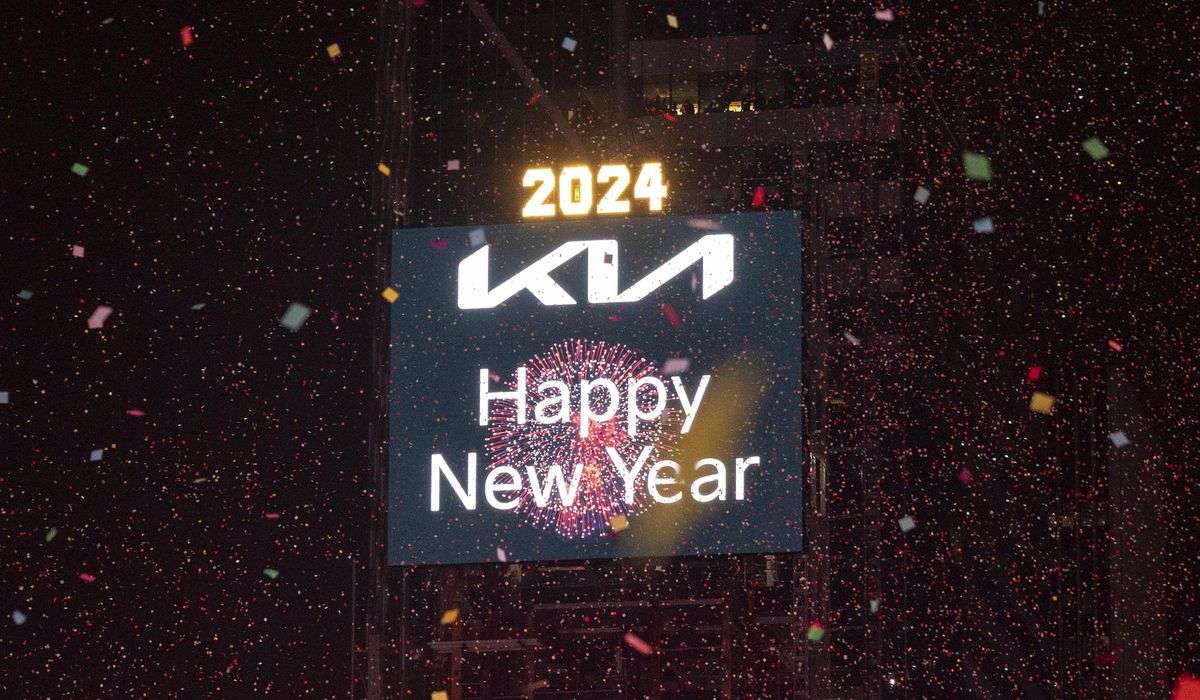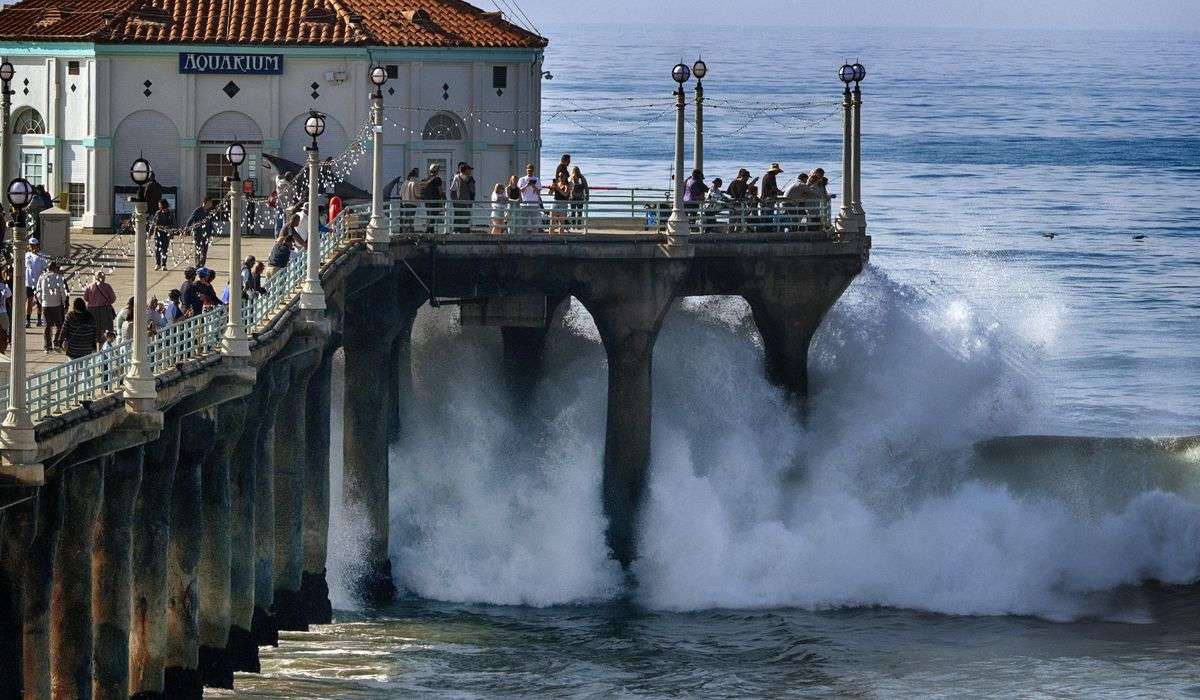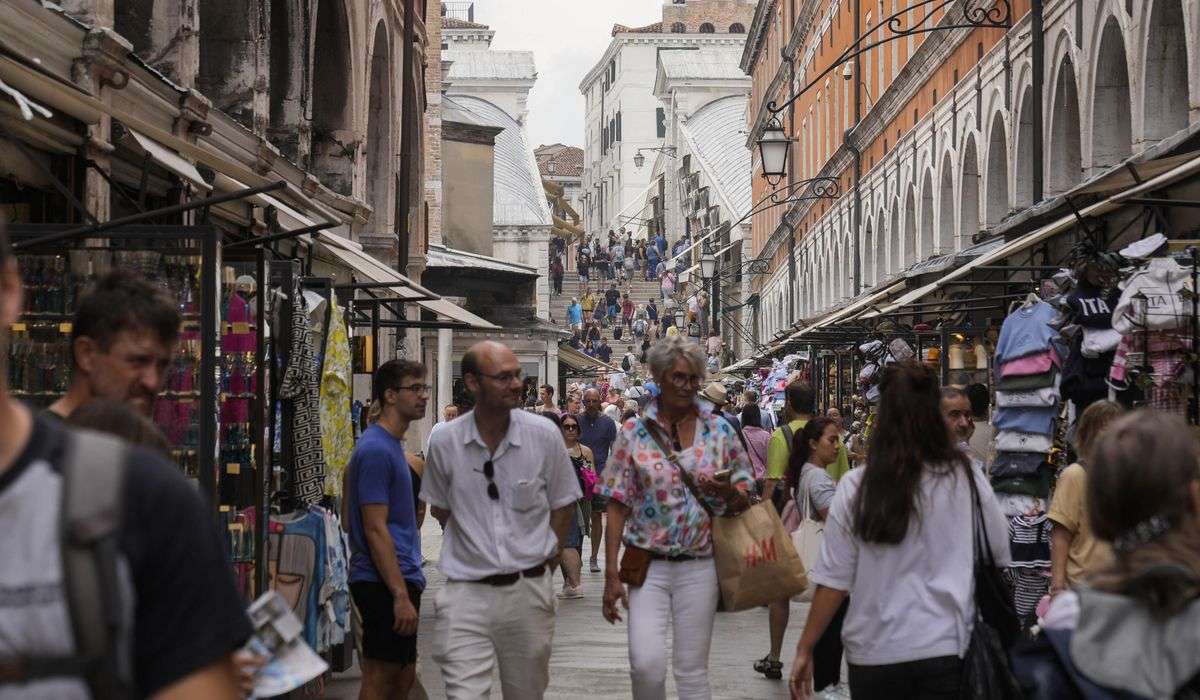These pandemic upgrades and downgrades might surprise you
By Christopher Elliott,
In some ways, travel has improved as a result of covid-19. But in other ways, it hasn’t. Either way, the travel industry’s pandemic upgrades and downgrades might surprise you when you travel this fall.
Theme parks, car rental companies and hotels have improved their products during the travel slowdown: Lines are shorter, handoffs are contact-free, and facilities have been upgraded. At the same time, airlines have quietly made changes no one wanted.
For example, Disney’s Florida theme parks adopted a new park pass system that allows guests to make advance reservations for their preferred park. The changes, implemented to prevent the spread of the novel coronavirus, will also ensure that Disney World won’t get as crowded as it used to. You don’t have to be a theme park insider to appreciate the irony of paying thousands of dollars to stand in hour-long lines in 90-degree heat. But that’s in the past.
“It will help Disney keep park capacity at more manageable levels and spread demand around the four Disney World parks,” says Jonathan de Araujo, owner of the Vacationeer Travel Agency, which specializes in Disney World vacations. “Theoretically, this should improve guest experience and reduce lines.”
Car rental companies such as Avis and Budget have overhauled the car rental process during the pandemic, making it a more touchless, DIY experience. They also signed a deal with Lysol, which will offer guidance on cleaning protocols.
The companies now allow customers to check in online. Just flash your license and credit card at the counter and receive a key to your car. If you use the Avis mobile app and belong to its frequent renter program, you can also select the model car you want and receive a QR code. Show the agent your code, and you get a key.
Many hotels and resorts, faced with a hiatus, put it to good use. When the Sirenian Bay Resort & Villas in Belize reopens this fall, it will have 12 new bungalows, a new wine room for tastings and private dinners, and an expanded restaurant. It will also be putting the finishing touches on a new conference facility and fitness center. The resort’s owner, Brian Montgomery, says surviving meant investing. He and his staff went to great lengths to make the renovations and additions, including taking pay cuts and reducing travel by employees.
“We locked down the resort property and allowed no outside traffic,” he says. “By quarantining within our own property, we were also doing our part to prevent further spread of covid-19.”
Even the airports are cleaner now. If you’ve flown into Albuquerque International Sunport, for instance, maybe you’ve noticed the robots that look like oversize garbage cans on wheels. They’re actually covid-fighting robots that can disinfect more than 100,000 square feet in less than two hours without any human help.
But not all of the changes are for the better. This summer, for example, American Airlines and JetBlue announced a partnership that they claimed would create more choice for customers and accelerate the recovery of both airlines. But buried deep within the agreement was a proposed code-sharing arrangement for flights in D.C. and Boston. That got the attention of consumer advocates who were worried about competition.
Code-sharing is a marketing agreement that allows one airline to sell tickets on flights operated by another carrier. Critics say the American-JetBlue deal nullifies some of the consumer protections that the government required when it greenlighted the merger between American and US Airways.
The reason: To operate flights in and out of LaGuardia, JFK and D.C. airports, the airlines need government permission, in the form of landing slots. And back in 2013, when American and US Airways sought government approval to merge, one of the conditions of the deal was that they had to give up slots in New York and D.C.
“The Washington-to-Boston market will lose competition because the only competing flights are operated by American Airlines and JetBlue,” says Charles Leocha, president of Travelers United, a consumer advocacy group that opposed the American Airlines-US Airways merger.
Travelers United and several other advocacy organizations are pushing the Department of Transportation to reject the proposed code-sharing proposal. But it’s hardly the only downgrade.
Last month, United Airlines announced that it would “permanently” eliminate change fees for all standard economy and premium tickets for travel within the United States. The rest of the major airlines — including American Airlines and Delta Air Lines — followed United a few days later. Passengers rejoiced that one of the most hated fees was gone forever. But a closer look reveals that many change fees are still here. Airlines continue to charge for advance seat assignments, luggage (checked and carry-on) and food — all things that used to be included in the price of a ticket. Even change fees remain for some cheap economy class tickets and international fares. Airline fees will likely remain a fixture of travel for years to come, with more complexity and less transparency.
That’s a downgrade masquerading as an upgrade — a classic airline industry move.
So what should you expect when you take your next vacation or business trip? Certainly, your rental car or hotel room ought to sparkle, and key handoffs should be contact-free. New hotel rooms are a nice touch, showing the property is ready to invest in the guest experience. And bonus points for eliminating crowds, the biggest pain point in the Disney theme park experience.
But by keeping most fees and reducing competition, airlines are moving in the wrong direction. Is it really asking too much for the overall travel experience not to get worse? And while it’s not surprising that airlines are engaging in this behavior, it really seems outrageous for them to do that and ask for more government aid, as airlines have done.
Travel may be cleaner than ever, but more than anything, the travel industry still just wants to clean out your bank account.
Read more from Travel: Read past Navigator columns here






